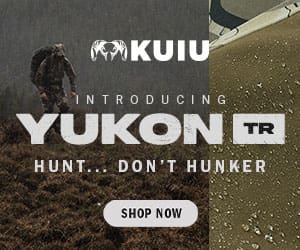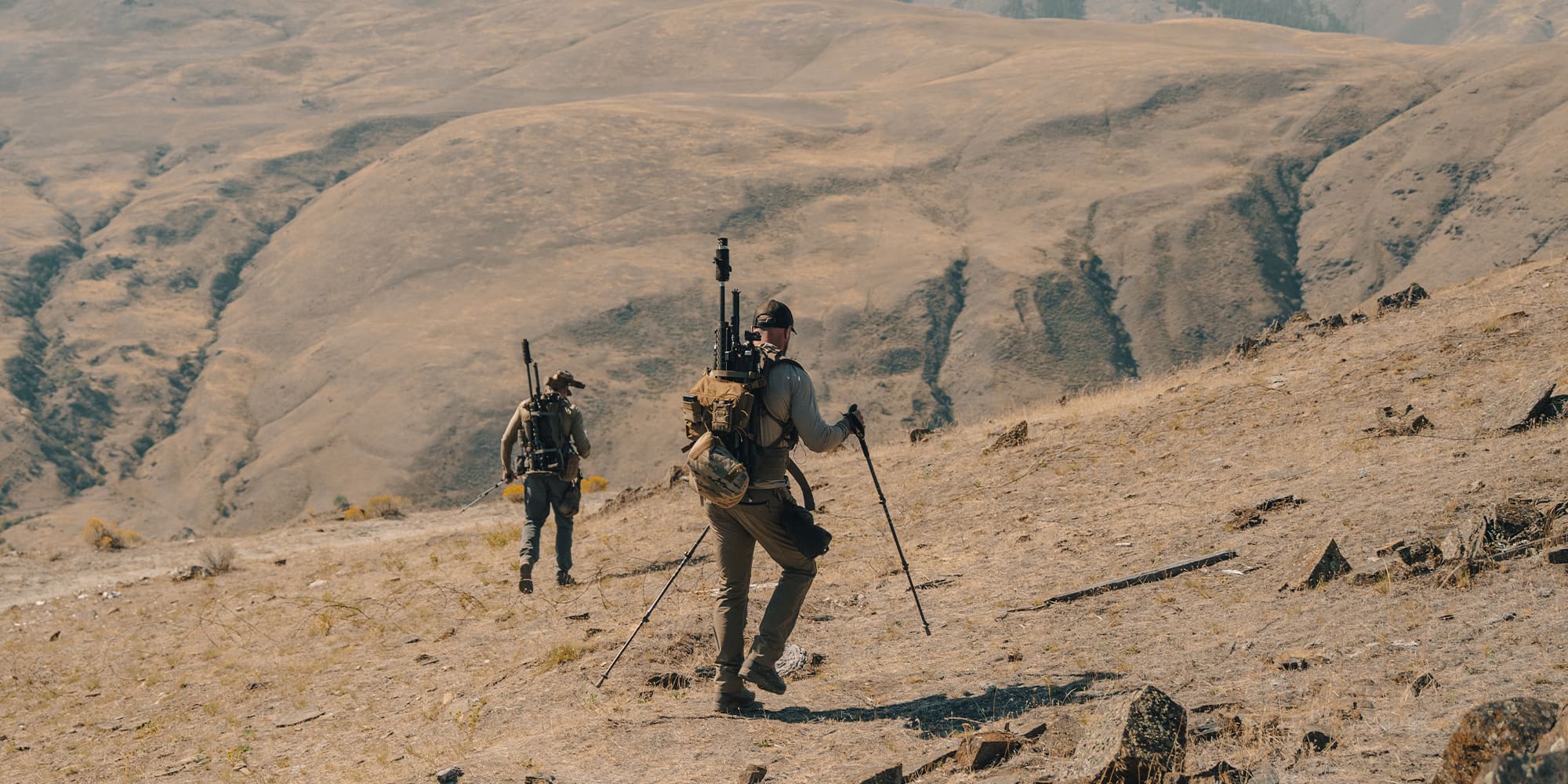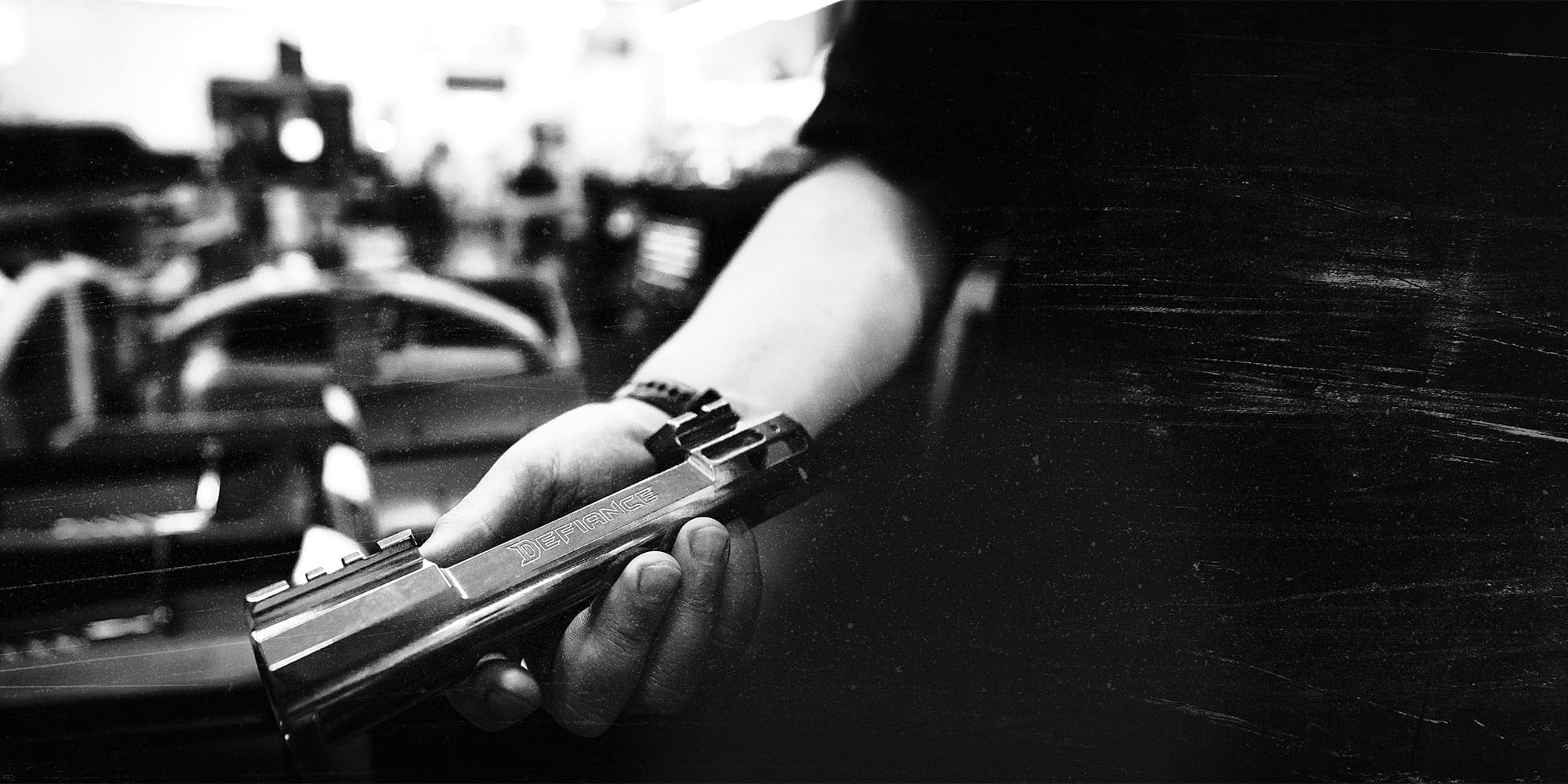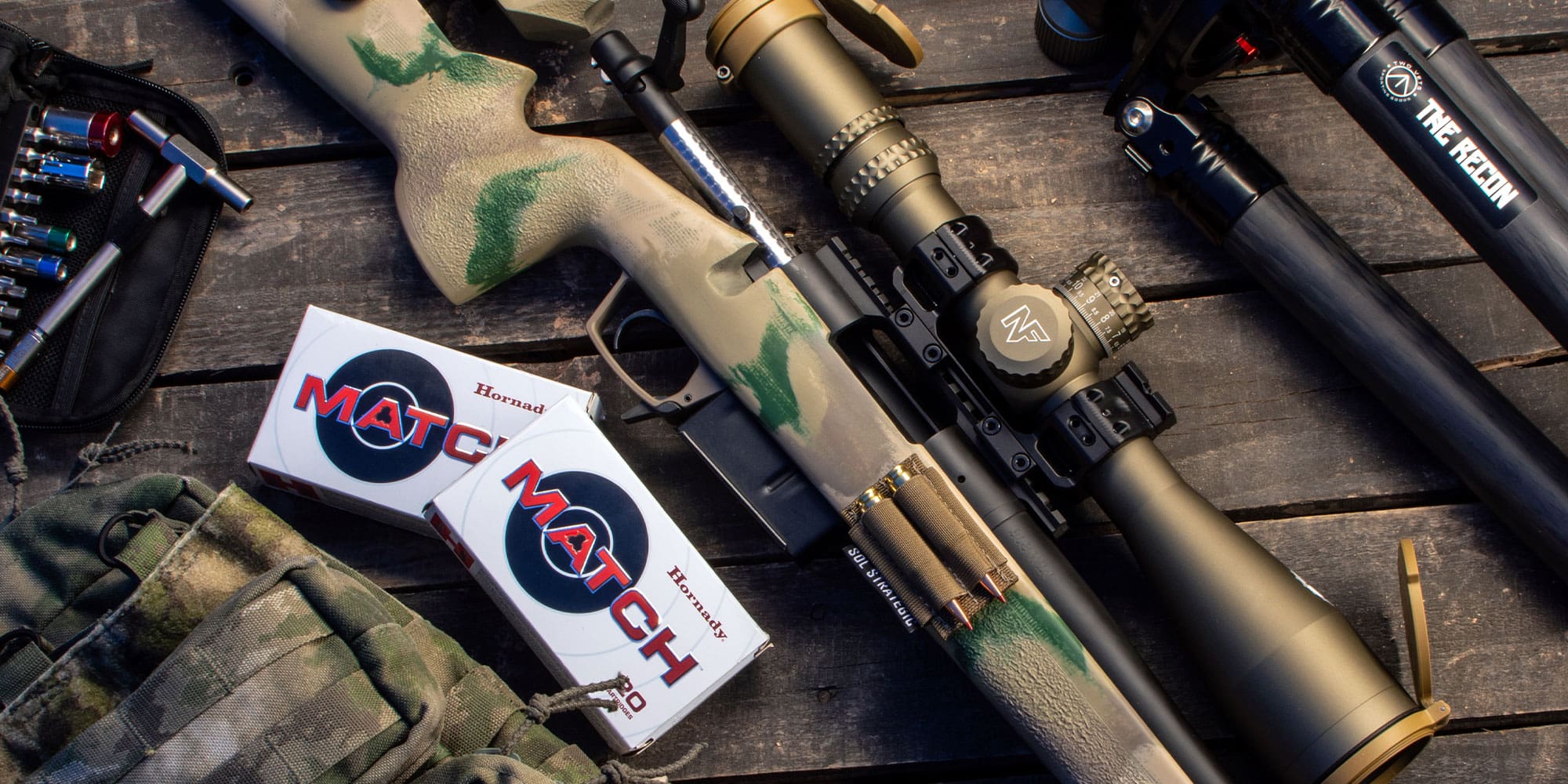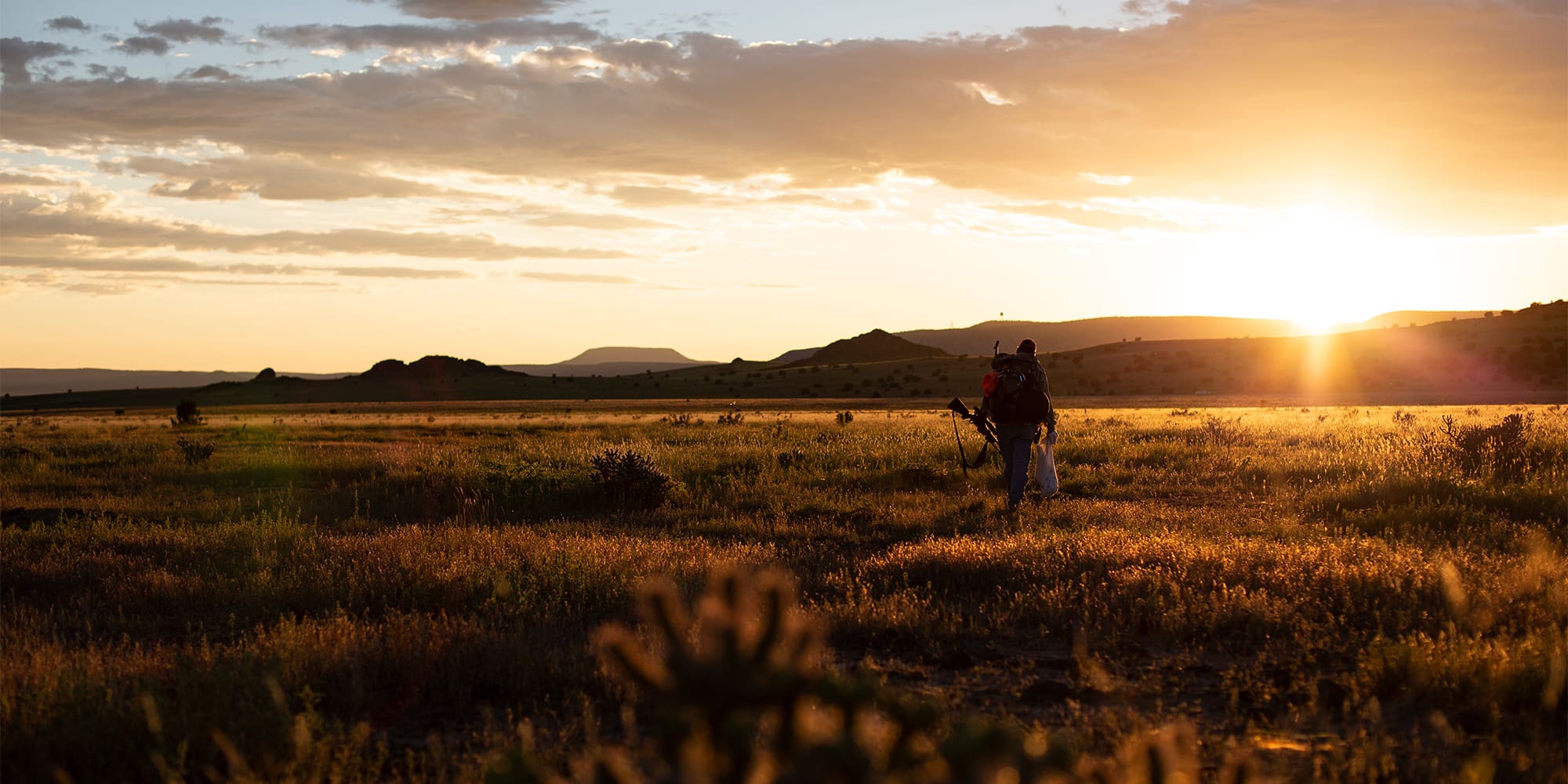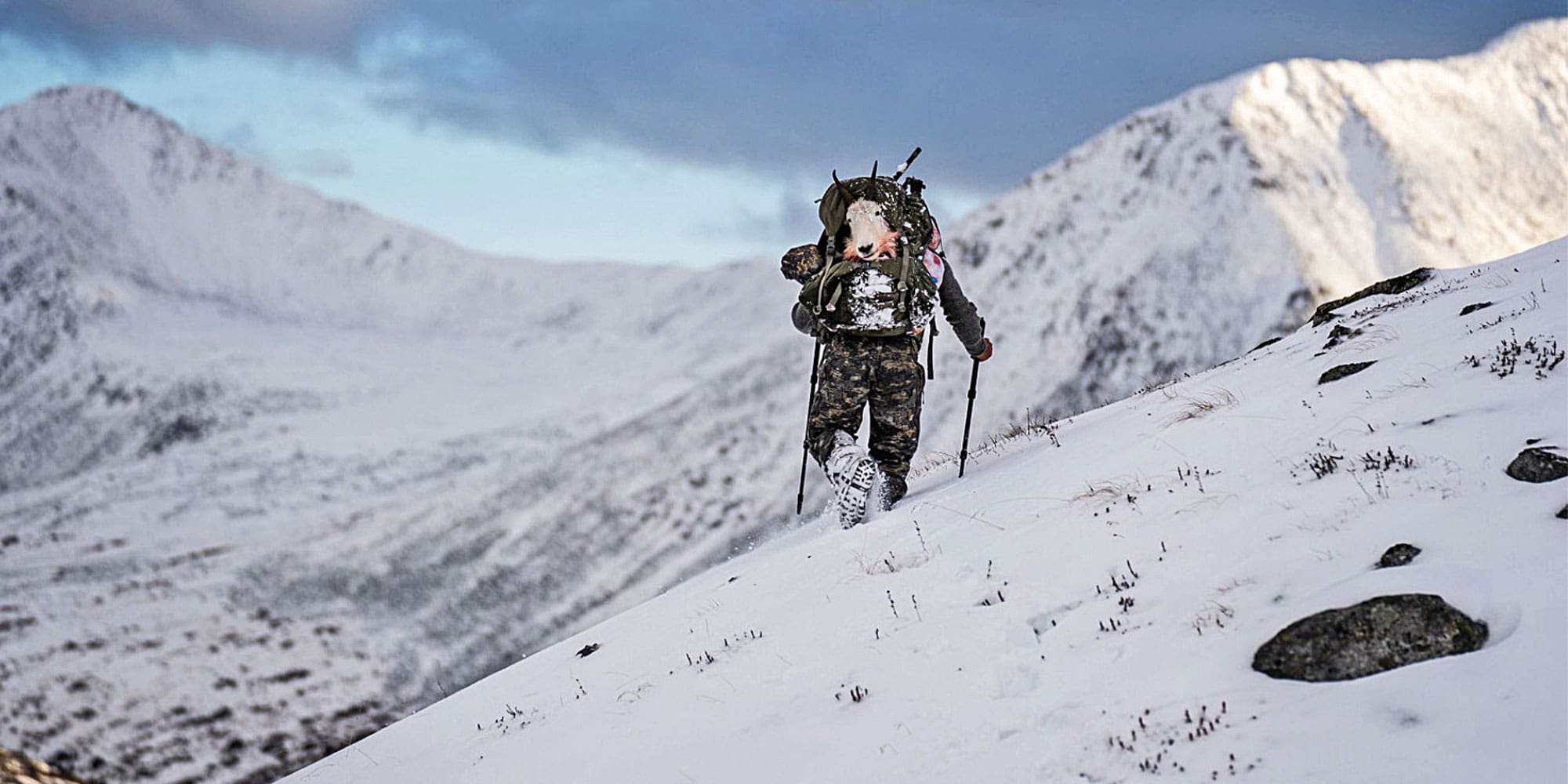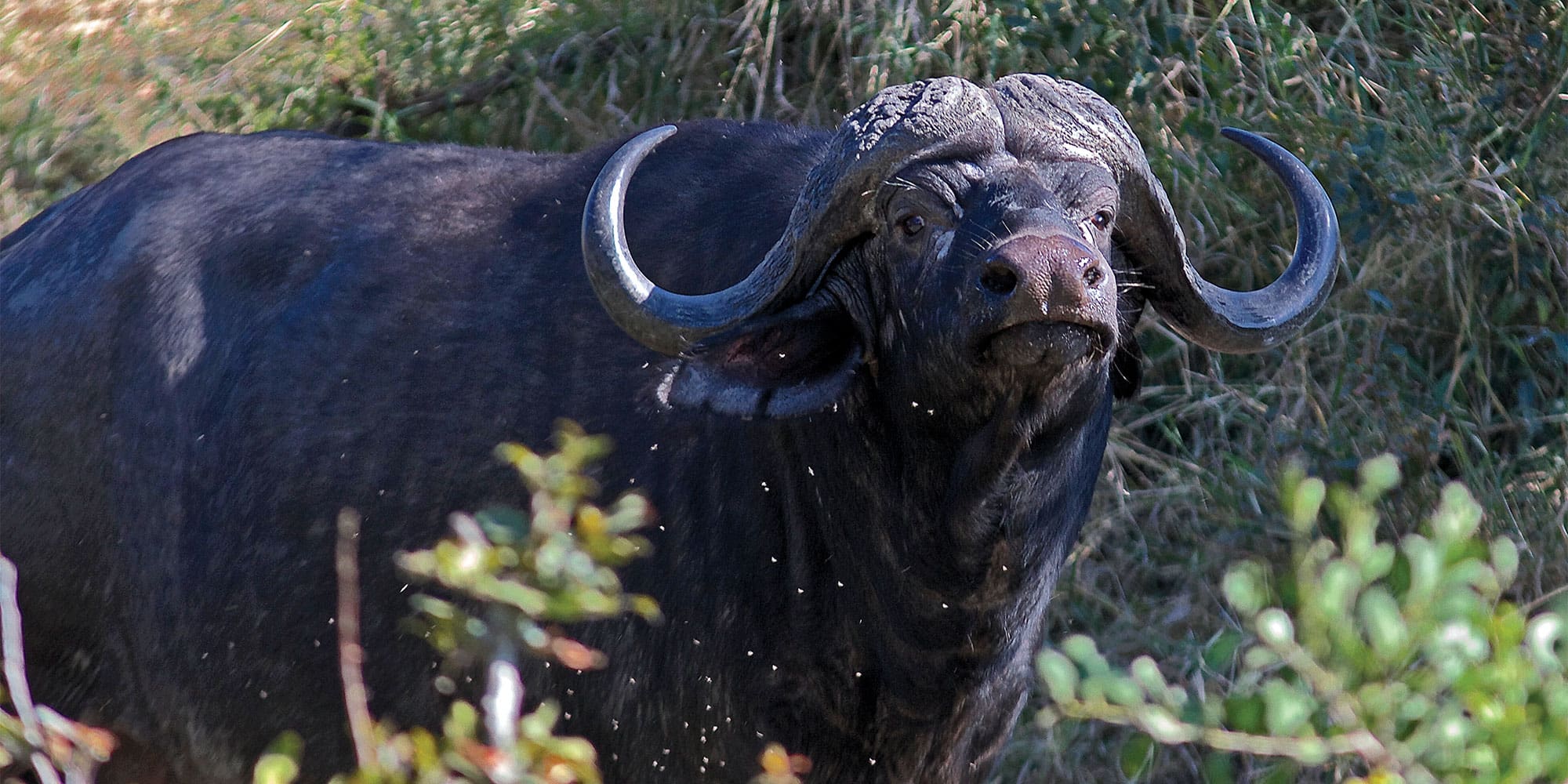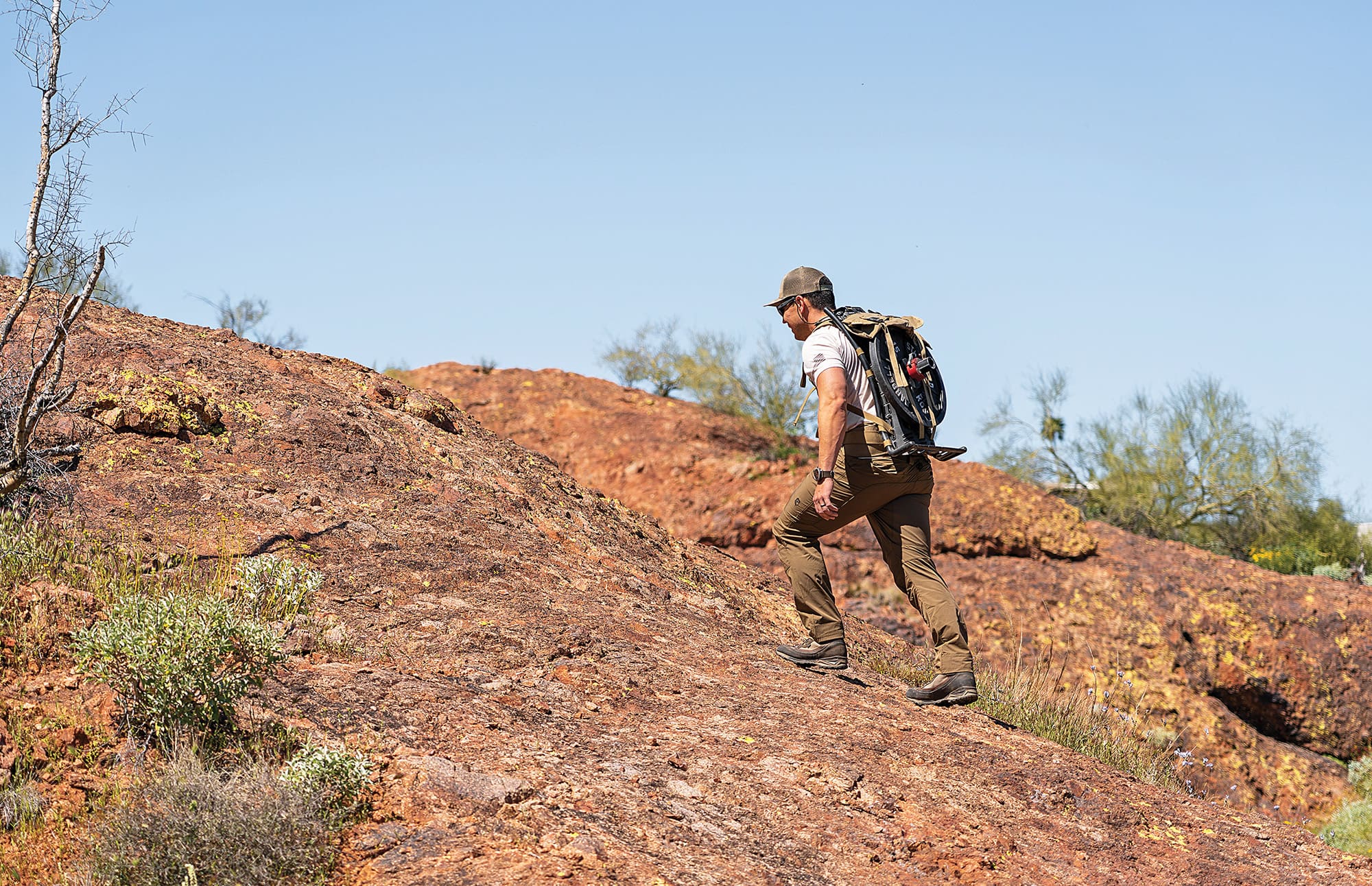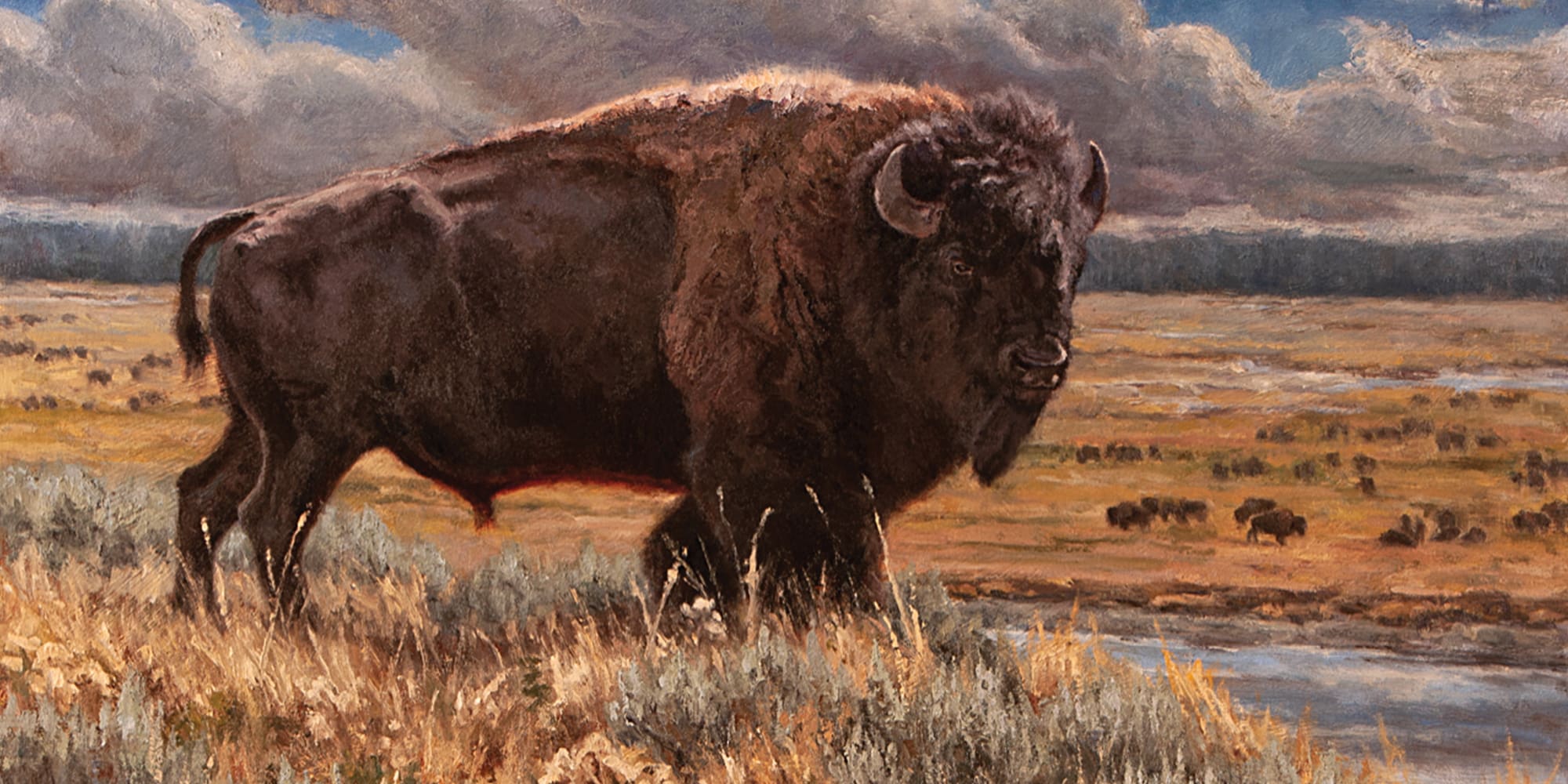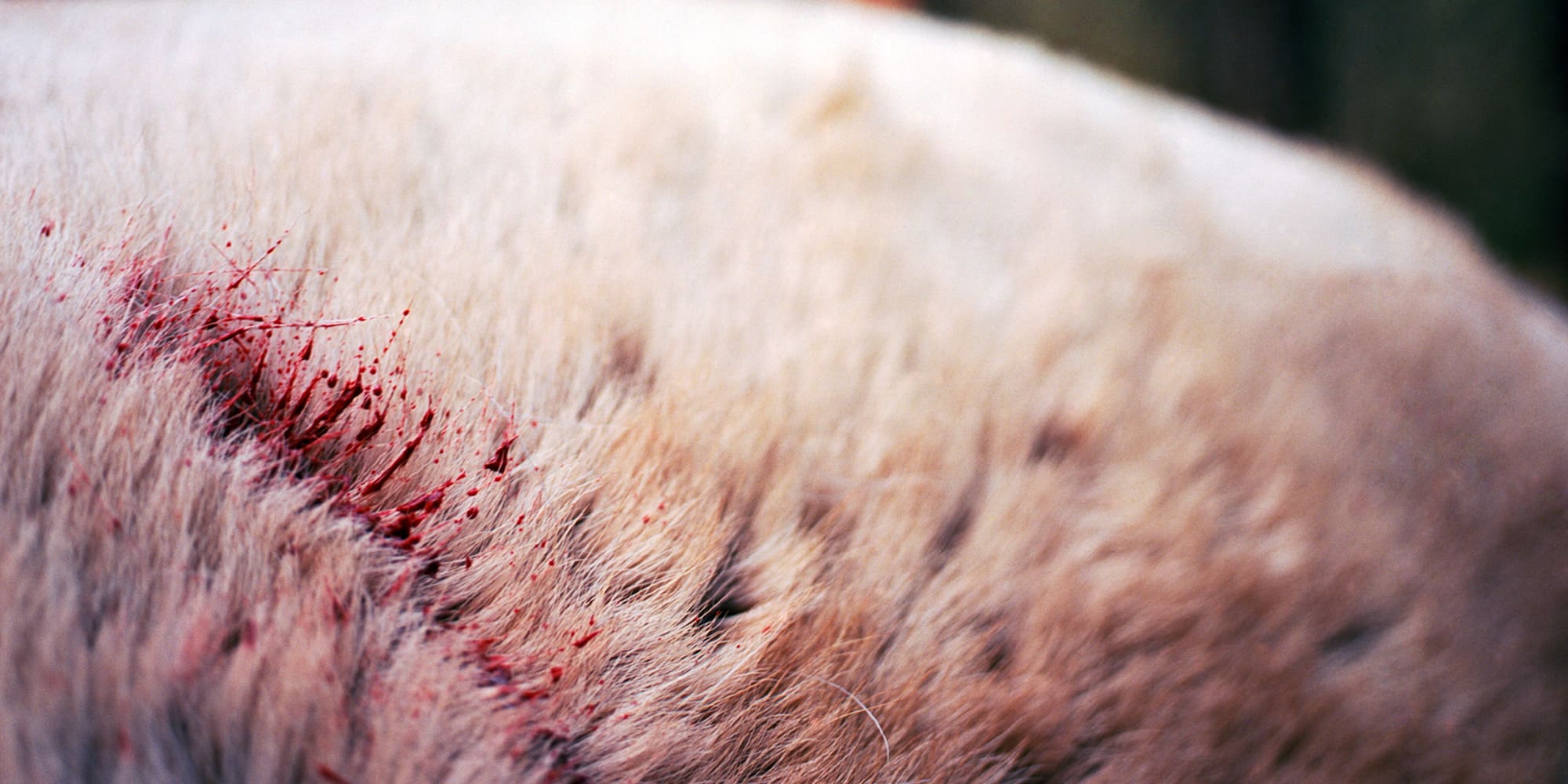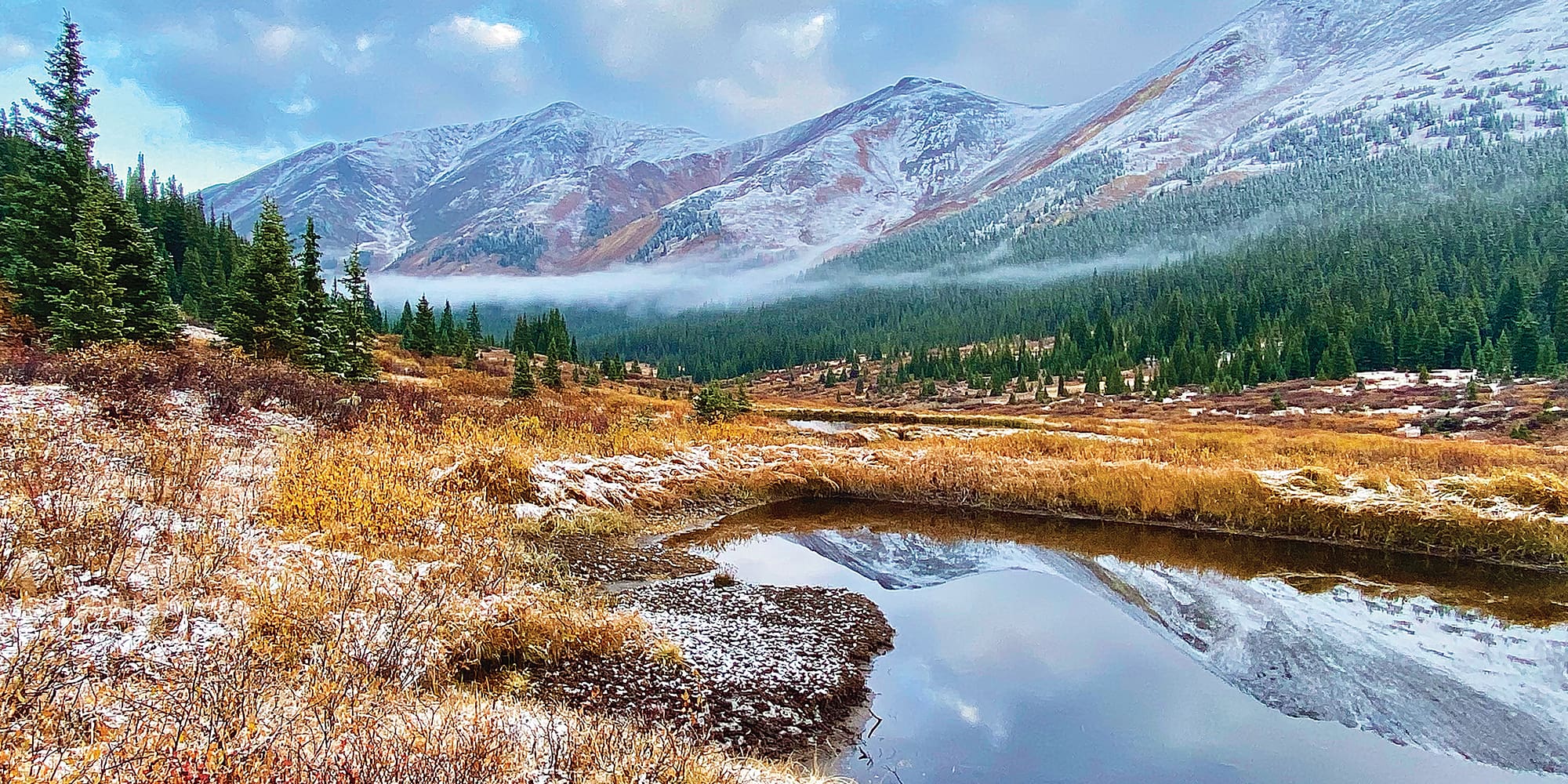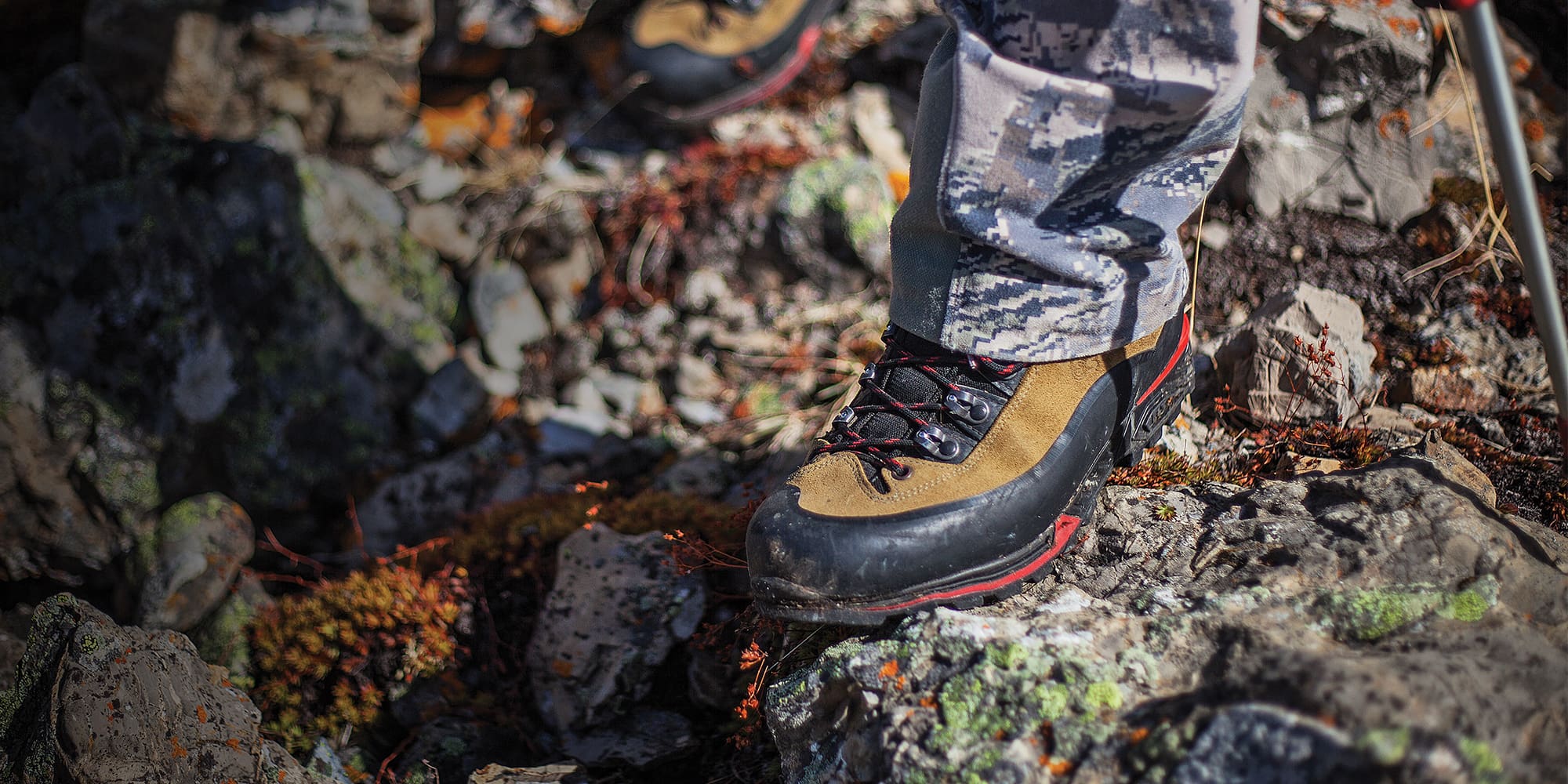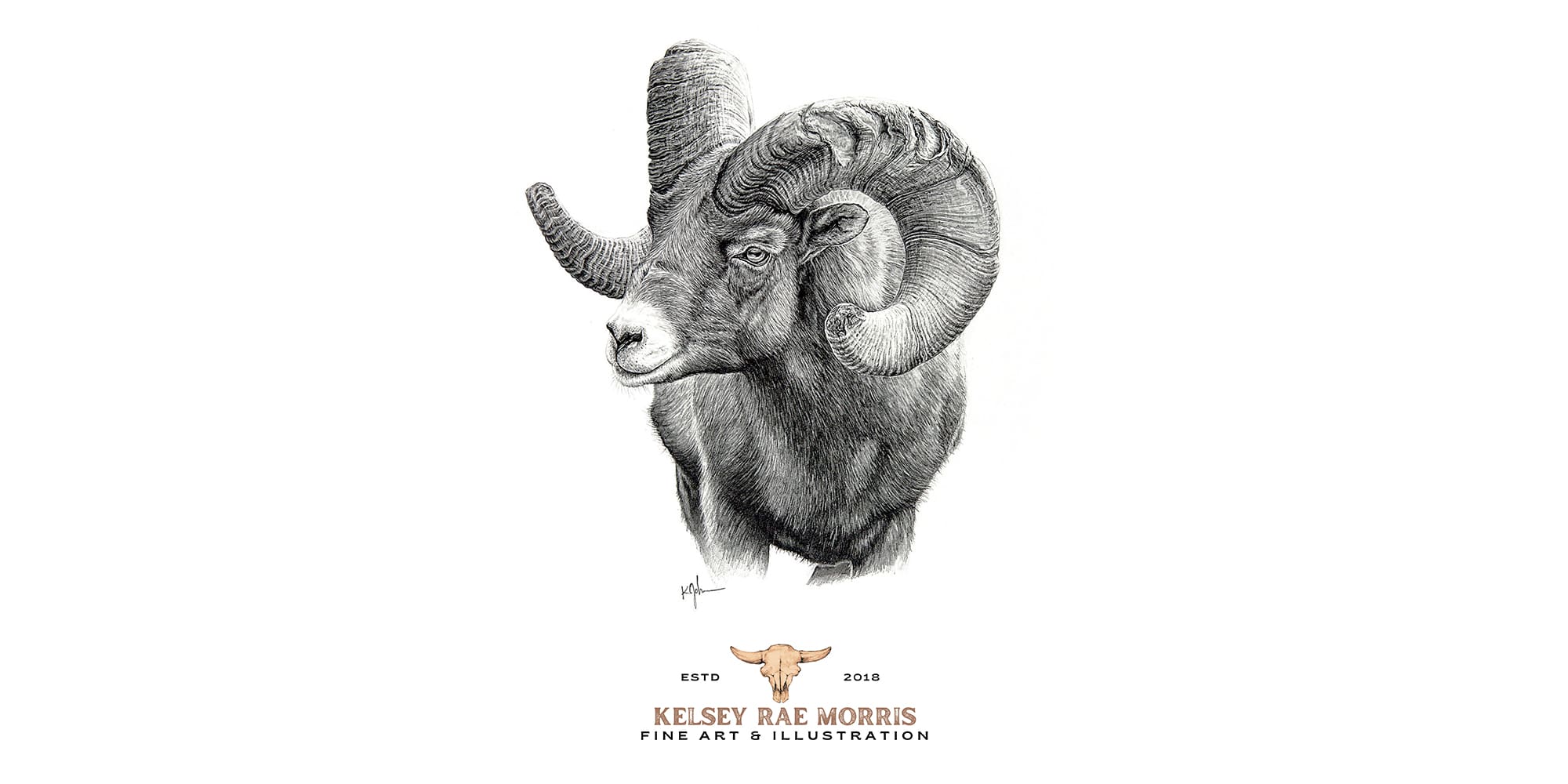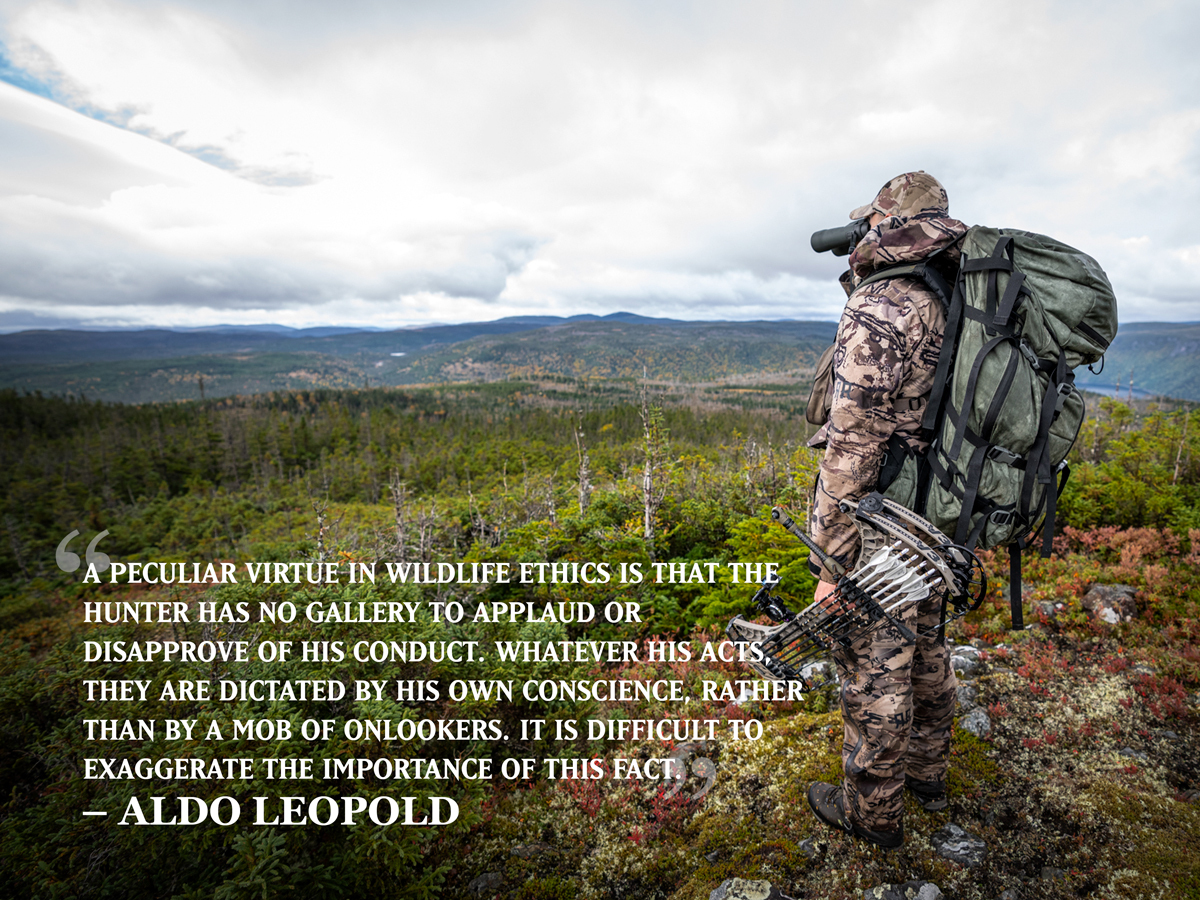
NOTICE: Certain links on this post may earn a commission for Western Hunter Magazine from Amazon or our other affiliate partners when you make a purchase. Thank you for your support.
How Social Media Will End Hunting
Hunting in a Digital Age
Social media has changed the way we operate, and hunters are not immune to that change. It allows us to communicate with broader audiences, to share our passions, and to self-publish whatever we see fit… and it may be the single thing that leads to the demise of hunting.
This might seem like a strange article coming from me. A good portion of what I do is shared for the world to see via social media. By sharing what I love, hunting, I have amassed a large following and made somewhat of a career out of sharing these experiences. I started sharing my hunts through videos on YouTube many years ago. I always loved watching hunting videos, I could not get enough, but I always felt that there were no videos that represented me or the way I liked to hunt. In a world of whitetails, big bucks, high-priced ranch hunts, and food plots (not that there's anything wrong with those things), hunting as I knew it was nowhere to be found. I only knew public lands, hard hikes, often tough odds, and the occasional big buck that normally took months of hard work to connect with.
I combined my love of filming and the way I knew hunting and started sharing my hunts on various platforms. Over the years, those platforms changed. From DVDs and pictures on the local sporting goods store wall to emails and YouTube to television to Facebook to Instagram. In the trenches of all this, I have seen two things attributed to social media. I have seen hunting gain ground, and I have seen losses for hunting that will never be regained. It is those losses that scare me and make me fearful that if left unchecked, social media will lead to the end of the one thing I love the most; hunting.
In an age of controversy, social media is at the root of the majority of it. Never in the history of the world has anyone been able to self-publish whatever they want to whoever they want. With the click of a button, you can make private things public for anyone to see. Before social media, hunters had to share their experiences via the local sporting shop brag board; a printed photo tacked onto a corkboard. Stories were shared in magazines you had to subscribe to or purchase. Videos had to be ordered or purchased via DVD. In other words, you had to actively seek content, and it was very difficult for the non-hunter to intersect this unintentionally.
Things have changed, and it seems like with the changes there has not been a major reevaluation. Those same things can now be seen by anyone. Without that reevaluation, I guarantee social media will be the death of what we love.
For most of our lives, Aldo Leopold had it exactly right. As hunters, we were to live by standards held in high esteem and self-policed because there was no one policing those actions. Today, there are onlookers with the use of social media. Anyone can jump in and see portions of a hunt, many of whom may not understand hunting, yet there is no policing. We are not talking about laws but more the way the hunter is representing hunting within the laws and how that is shared with the rest of the world through social media. Standing behind the words, “IT IS LEGAL.” means you truly don’t understand the fight and how it will all end.
Hunting is not a right, it is a privilege.
Many hunters misinterpret the fact that hunting is not a right but a privilege that we have. Although it may be traditional and considered commonplace in America, there is nothing that guarantees this for the hunter across the board. The fact that something is legal does not make it an inalienable right. Take the right to free speech for example. This can’t be infringed. There is not a single ballot initiative on the planet that can take that away from you. Hunting is not guaranteed those same protections.
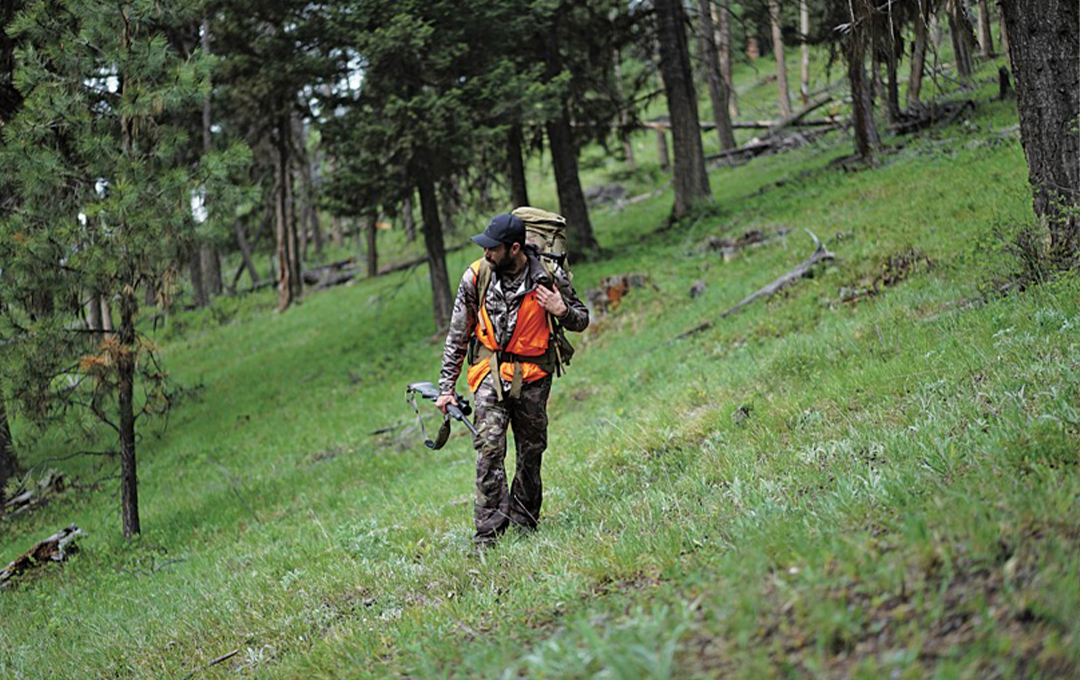
Although hunting is on the correct side of science, may be how you choose to feed yourself, and has been around since the forming of this country… IT IS NOT GUARANTEED! This is why hunters and anti-hunters clash. The objective for anti-hunters is to stop hunting altogether, but are hunters and anti-hunters really fighting each other, or are we fighting for something else? The real question is: where is the battle?
The Decision-Makers
For as many hunters as there are in the US, there are more non-hunters. Now, the term non-hunter is not the same as anti-hunter; it just refers to people that do not hunt. This is the majority. This is the general public and these are the decision-makers. These are the minds that need to either understand hunting and accept others doing it or the minds that the Anti-hunters influence to be against it.
Many hunters have it wrong. They think that the fight is with the anti-hunters—that screaming and beating their chest directly toward the “antis” is how they win. That is not even in the correct arena. The real fight is for the understanding from the middle. The fight is for the majority; that has always been the goal. The true hunters and hunting organizations that defend this know that better than anything. The middle is where the battle is, but in recent times many hunters seem to have forgotten this. In a generation where anyone can self-publish on social media or broadcast images and videos to the public, they forget that this can be one of the single most influential platforms, and it is where the anti-hunters have chosen to attack while fewer hunters have chosen to educate and promote.
The Choir
Hunters understand each other. We are the choir; we know the background of hunting and know its importance in conservation. We know that we feed ourselves from natural meat and that we respect the animals we kill. Within our circle of hunters, we don’t have to show these things to each other. They are taken for granted because to us, these facts are the obvious foundation of hunting.
Within that circle of hunters, things can be different. The undertones to why we hunt don’t have to be addressed. We know that we are right, but what happens when we step to a larger platform and these stories are available to the general public, the decision-makers? These are the people who, with the facts, would probably support hunting. It makes logical and rational sense. These people may not know the facts, so we must ask: Is what we put out showing this, or is it playing into the hands of the anti-hunters? Is it going to further acceptance of hunting, or is it going to hurt? If you call yourself a hunter but willingly hurt the cause, are you a real hunter? Our allies are scientific support through the model of conservation, monetary contribution to habitat and wildlife, and sustainable natural food. These are also our defense when confronted by anti-hunters. Again, is what you are posting portraying this? Or is it playing directly into the hands of the anti-hunters?
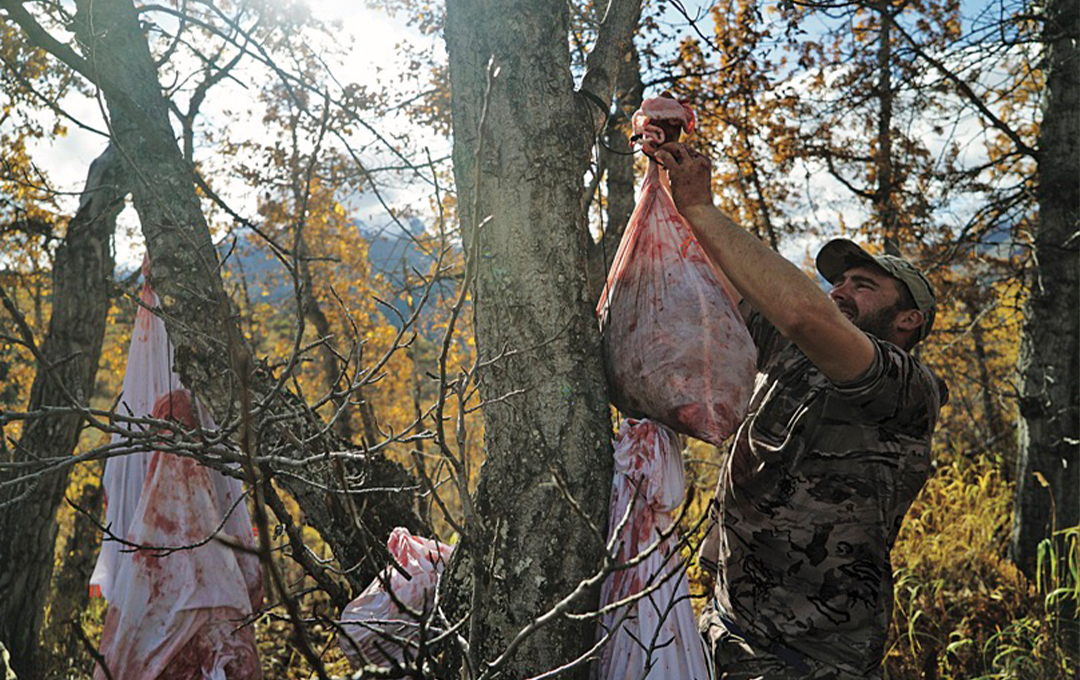
If you are a hunter that plays to the stereotypes that can be easily used by anti-hunters to elicit an emotional response by the non-hunting public, then whose side are you on? If you provide the weapon that hurts hunting as a whole, who stands to benefit? Maybe you are promoting yourself inside the hunting community, but damaging hunting as a whole with the decision-makers. These are things that I constantly consider myself.
When Hunters Act Like Anti-Hunters
The anti-hunting stance is purely emotion-based. It attempts to paint the hunter as the bad guy and tug on heartstrings. It ignores statistics, science, and even the fact that the majority of the country uses animal products in some way—from leather to dairy to meat to drugs that have been tested on animals. They are on a losing side, but if they can find things that align with their incorrect view of hunters, then they can use that to influence the same people we struggle to educate.
Let’s face it; anti-hunters are not going to change the mind of hunters and probably vice-versa, but where they can change minds is with the non-hunting public. To be honest, in recent times, they have been winning this on many fronts with the help of a small majority of hunters who have forgotten where the battle is fought and won.
To top it off, anti-hunters have done a good job of spurring infighting within the hunting community. They have created miniature emotional and irrational responses for hunters to jump on bandwagons against each other. Should hunters always stick together no matter what, or are there certain things in the hunting community that don’t portray hunting and our cause correctly?
Legal Hunting
Yes, we hunt legally! As a whole, we are against those who break the rules. It violates everything we stand for. As hunters, we have decided as a whole that laws are not enough. On top of laws, we have self-governing codes that we live by. This is a code of ethics. Many organizations that stand for hunters’ rights also hold their own code of ethics. Why? Our code of ethics is a way to self-police and make sure that the decision-makers see hunting in the best light, the way hunting should be seen. We regulate ourselves because there are some things that laws don’t cover. As hunters, we know that it is the non-hunters who make decisions and we know that with the facts, hunting is the logical decision. We also know that an anti-hunter’s only attack is an emotional one and that we set rules within our community to NOT give them leverage.
Code of Ethics
Every hunter has their own code, but many of the truths are universal. The main code is that we show respect to the animals and land we are hunting! This covers a multitude of things from how we take pictures and videos to how we transport the animals home or to the butcher after the kill. It covers the way we talk about the animals and even how we utilize the animals. This is all above and beyond the law.
Just as an example, here is a sample of Safari Clubs Ethics code for its members:
The SCI Bylaws require all members to live by the SCI Hunter’s Code of Ethics, which is printed in the annual SCI Directory:
• To conduct myself in the field so as to make a positive contribution to wildlife and ecosystems.
• To improve my skills as a woodsman and marksman to ensure humane harvesting of wildlife.
• To comply with all game laws, in the spirit of fair chase, and to influence my companions accordingly.
• To accept my responsibility to provide all possible assistance to game law enforcement officers.
• To waste no opportunity to teach young people the full meaning of this code of ethics.
• To reflect in word and behavior only credit upon the fraternity of sportsmen, and to demonstrate abiding respect for game, habitat, and property where I am privileged to hunt.
This is just one of the many codes of ethics as an example, but it points to the issue that it is our responsibility to show, in both our words and behavior, things that boost sportsmen. This is open to interpretation and sounds broad, but gives us a place to examine facets of what hunters put out to the public. In recent years, our code of ethics has been influenced, and what is right has been altered through the wide availability of hunting content on social media.
The Bandwagon
Social media can be one of the greatest tools or the greatest detractors for hunting in general. It allows hunters to share with each other as well as the broader community. The dark side of it is that it also allows anti-hunters to use things in a negative light that may not tell the whole story. It also creates massive infighting and emotional knee-jerk reactions within the hunting community. It is not “all or nothing” in this game. We can’t just look at hunting vs anti-hunting in the context of the battle between two groups. It has to be looked at as a whole and how the actions of a few hurt hunting overall. Does this support the greater good? Does this paint a picture of what hunting is to me? Does this convey the defense of hunting without the context, or does this play into the other side? If you are going to make something available to the public, you need to ask these questions.
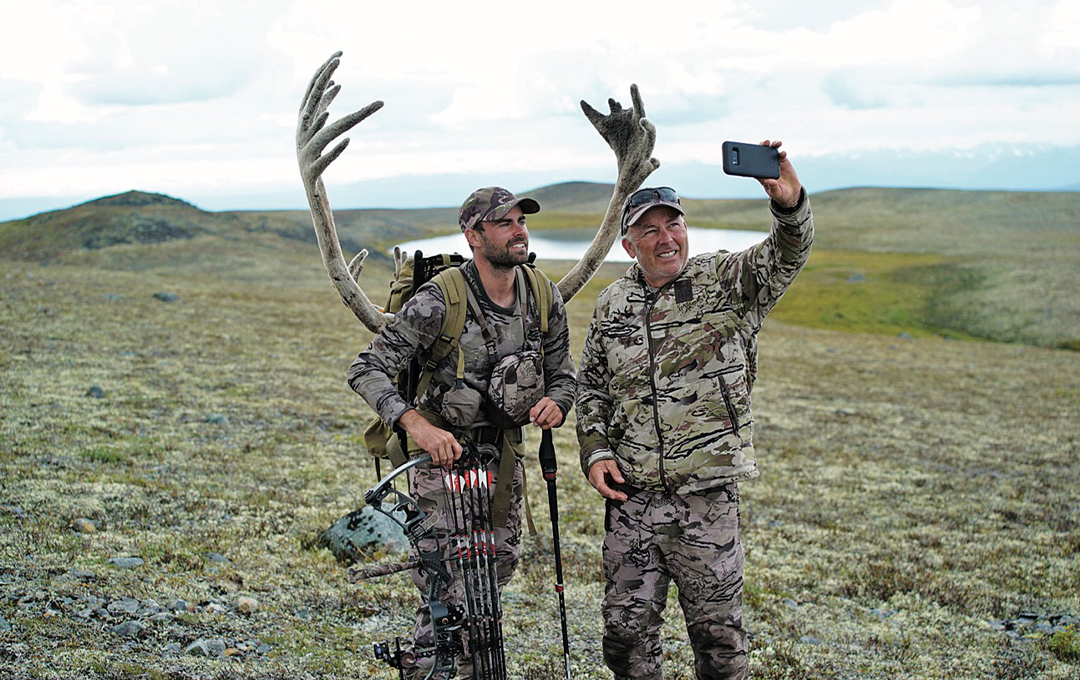
This is in no way saying you should not make things public or stand up for hunting. It is just asking what are you are saying about hunting and whether the logical defense is portrayed. Hunters need to stand up for each other but they also need to police one another. They can’t be afraid to tell a fellow hunter that something may not be helping hunting, and hunters who care about the longevity of the sport can’t be afraid to listen. It all comes back to the idea that hunting is not a right. There are people who, with the facts, will side with hunters and keep the privilege going, but without the right knowledge, will fall into an emotional trap and take it away.
We Are All Ambassadors for Hunting
I have focused my hunting career on showcasing the facts behind hunting in order to gain more support—support needed to keep something so important to me alive—to sustain my way of life as a hunter. I feel that through my experience, I have been able to make positive contributions to the hunting cause, not only within the hunting community but in the non-hunting decision-maker community as well. Not everyone needs to hunt, but people do need to know what hunters stand for and be presented with the facts.
I stand for hunting and fighting for hunters. In this technological age when anyone can interface with the public, the ethics and standards need to change. Our fight with anti-hunters is for support from the majority of non-hunters. If we lose that, then we lose. On top of the law of the land, we need to stick to our ethics that all true hunters know. We need to analyze our actions and put them through the litmus test of whether they stand in support of hunting or unintentionally tear it down. Does our logical defense for hunting stand or have we provided emotional ammunition that plays to the other side’s characterization of hunters? It saddens me when fellow hunters are the ones who selfishly cause setbacks for all the real hunters working tirelessly to promote hunting—what it really is—to the decision-making public.
Elevating the Conversation
The real contest between hunters and anti-hunters is in the space for the decision-making public. As hunters, we have science and facts on our side. We have a massive amount of money in conservation. We also have a growing population who is concerned about the quality of food they put into their bodies and where this food comes from. Instead of mob-mentality attacks within the hunting community, we need to reassess the things we do and whether or not they are good for hunting as a whole. It is not a single group, individual, or company that is responsible to stand up to anti-hunters; it is the hunting community. This is done by promoting that which sheds a positive light on hunting, introduces the facts, and demonstrates through the greater ethics of the hunter. The fight is not what we do in our little circle of hunters, but how well we can show and gain support from the larger group of decision-makers. This is where the focus lies.
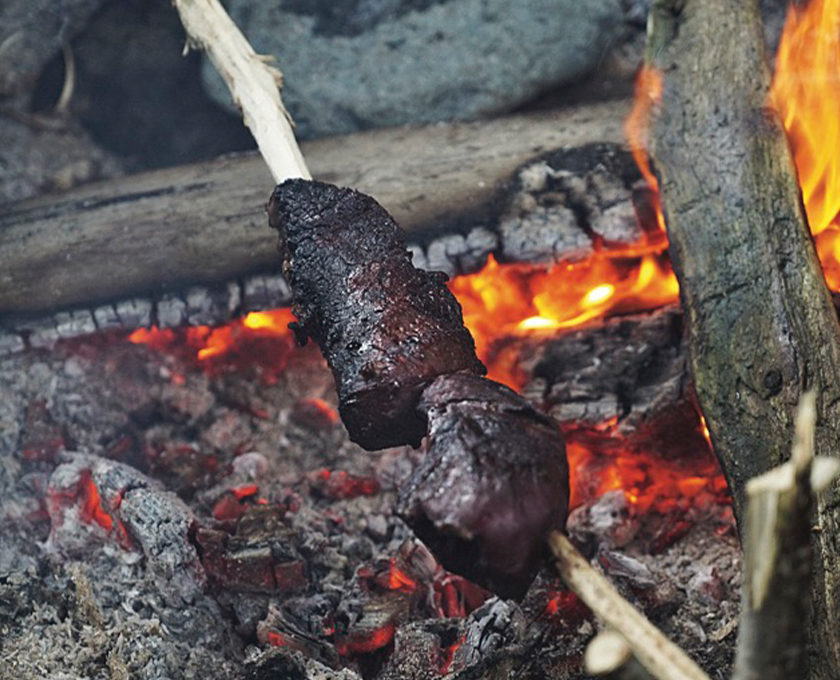
How your actions affect hunting and whether your defense of hunting can easily be seen and justified with what you show the public makes you for or against the anti-hunters. If you believe differently, then you have been tricked and the anti-hunters may have already beaten you. I stand for hunting, and no single person—whether they call themselves a hunter or not—should be allowed to represent us as a whole in a negative light that plays into the plan of the anti-hunter.
The conversation needs to be elevated. It needs to be reassessed when the focus is on whether this person or that person stood up to anti-hunters. That is not even the right fight. The real fight is how the hunter’s message is being portrayed to the decision-makers and how much this portrayal is hurting hunting in general. We need to band together and all represent hunting positively, not just to fellow hunters but to the non-hunter who holds the power of whether hunting will continue or not.

